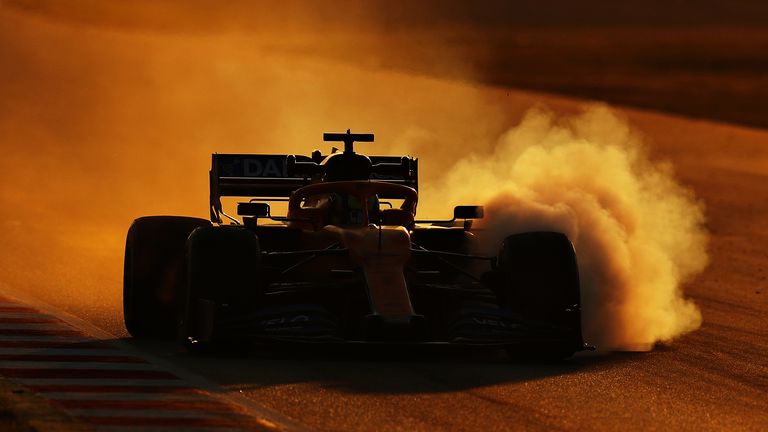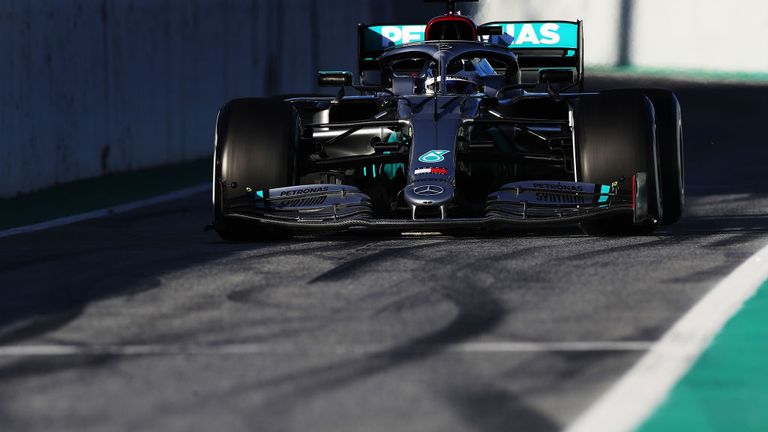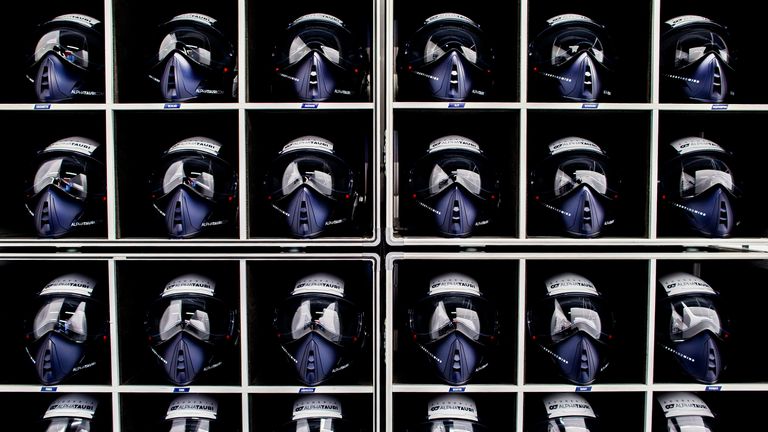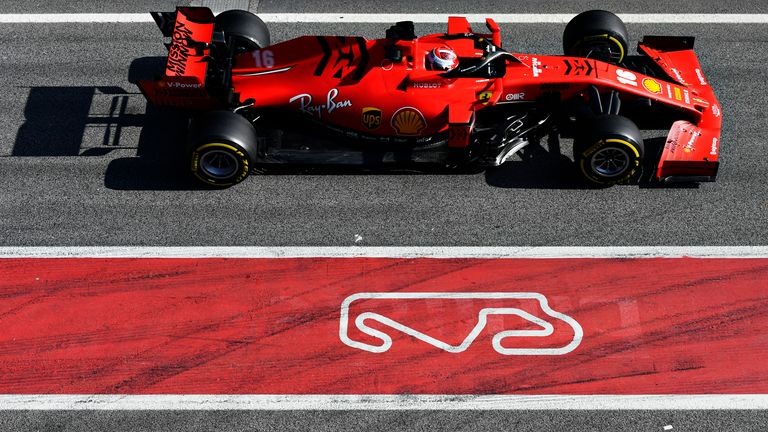The 70th season of Formula 1 is currently scheduled to be its joint-longest ever with 21 races taking place between March and November across five continents.
F1 2020 welcomes one brand-new addition - Vietnam, on a street circuit in vibrant Hanoi - and one returning favourite, as a revamped Zandvoort in the Netherlands regains a slot for the first time in 35 years to give Max Verstappen and his 'orange army' a home race.
Driver changes…

Unusually, this winter has seen only two seats change hands from the end of last season.
Esteban Ocon returns to a race seat, replacing Nico Hulkenberg at Renault, after a year in a test role at Mercedes.
Canada's Nicholas Latifi finally gets his big-time break at Williams, meanwhile, after replacing Robert Kubica.
…and a renamed team

Two alphas on the same grid? Nearly: Alfa Romeo are joined by the newly-renamed Alpha Tauri as what was Toro Rosso take on the name of Red Bull's fashion brand. It has resulted in a new image and a striking new livery.
Chequered flag regains official status

Although the iconic chequered flag has never actually gone away from F1, it was replaced as the 'official' end-of-race signal in 2019 by electronic marker boards after the physical flag was accidentally waved a lap early at the Canadian GP the year before.
However, the automated system wasn't faultless either - as was shown at Suzuka, when the board illuminated a lap too soon and the race results were taken back a lap. But the latest change for 2020 means that when you see the chequered flag unfurled you know it's officially the end of the Grand Prix.
Engine rule tweaks

The V6 hybrid turbo engines enter their seventh season in use - just one season fewer than the V8 units were raced - and the key rules in this area largely remain unchanged.
However, there are some significant tweaks.
In what should result in fewer grid penalties, teams can now use an extra penalty-free MGU-K throughout the season - up from two to three.
Meanwhile, less fuel - a maximum of 0.25 litres - can now be kept out of the survival cell than before, which must be necessary for the normal running of the engine.
To further police the 100kg/h fuel flow limit during races, teams must also now install a second fuel-flow meter in their power units for 2020.
More discretion for stewards

Hard-and-fast penalty rules regarding jump starts and missed weighbridges have been relaxed slightly for 2020.
Stewards will now not have to automatically impose a pit-lane start for a missed weighbridge in practice, while a jump start can now be punished by smaller five or 10-second time penalties instead of more draconian drive-throughs and 10s-stop-and-gos.
(Slightly) longer curfews

The period in which mechanics are not allowed to be at the track and work on their cars ahead of the opening sessions on Friday and Saturday at the track has been extended from eight to nine hours.
'No team personnel who are associated in any way with the operation of the cars are permitted within the confines of the circuit during two nine hour restricted periods which commence twelve hours before the scheduled start times of P1 and P3,' state the revised sporting regulations.
Licence points for Friday drivers

Young or inexperienced drivers who make appearances during Friday's opening practice session can now gain points towards their full superlicence, which is required to race in F1. "A maximum total of 10 such additional points may be awarded per driver for free practice sessions over a three-year period," explained the FIA.
No in-season testing

With the race calendar ever-expanding, and teams finding they were deriving limited benefit from testing during the season anyway, the two in-season tests of recent years have been scrapped.














No comments:
Post a Comment